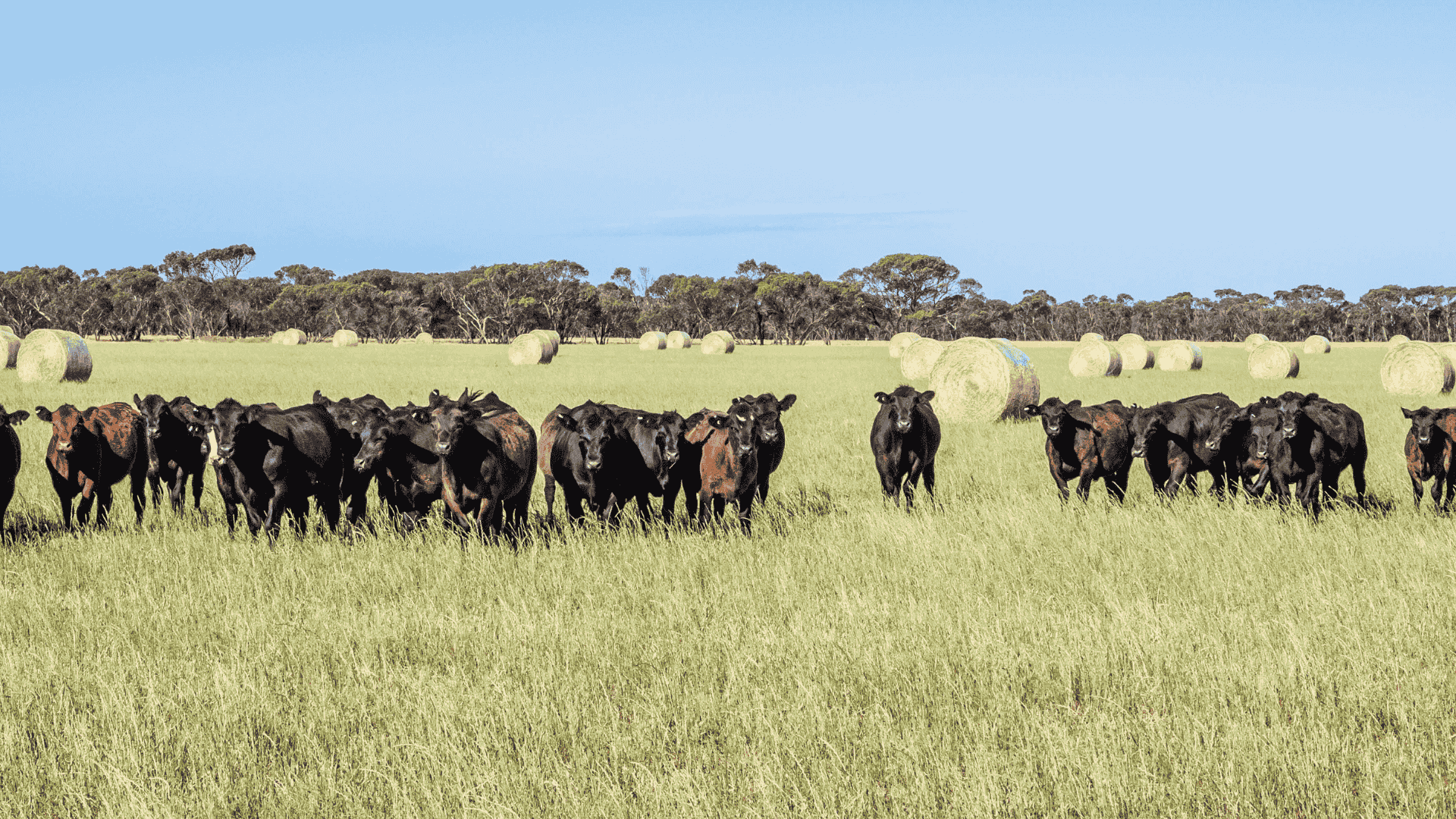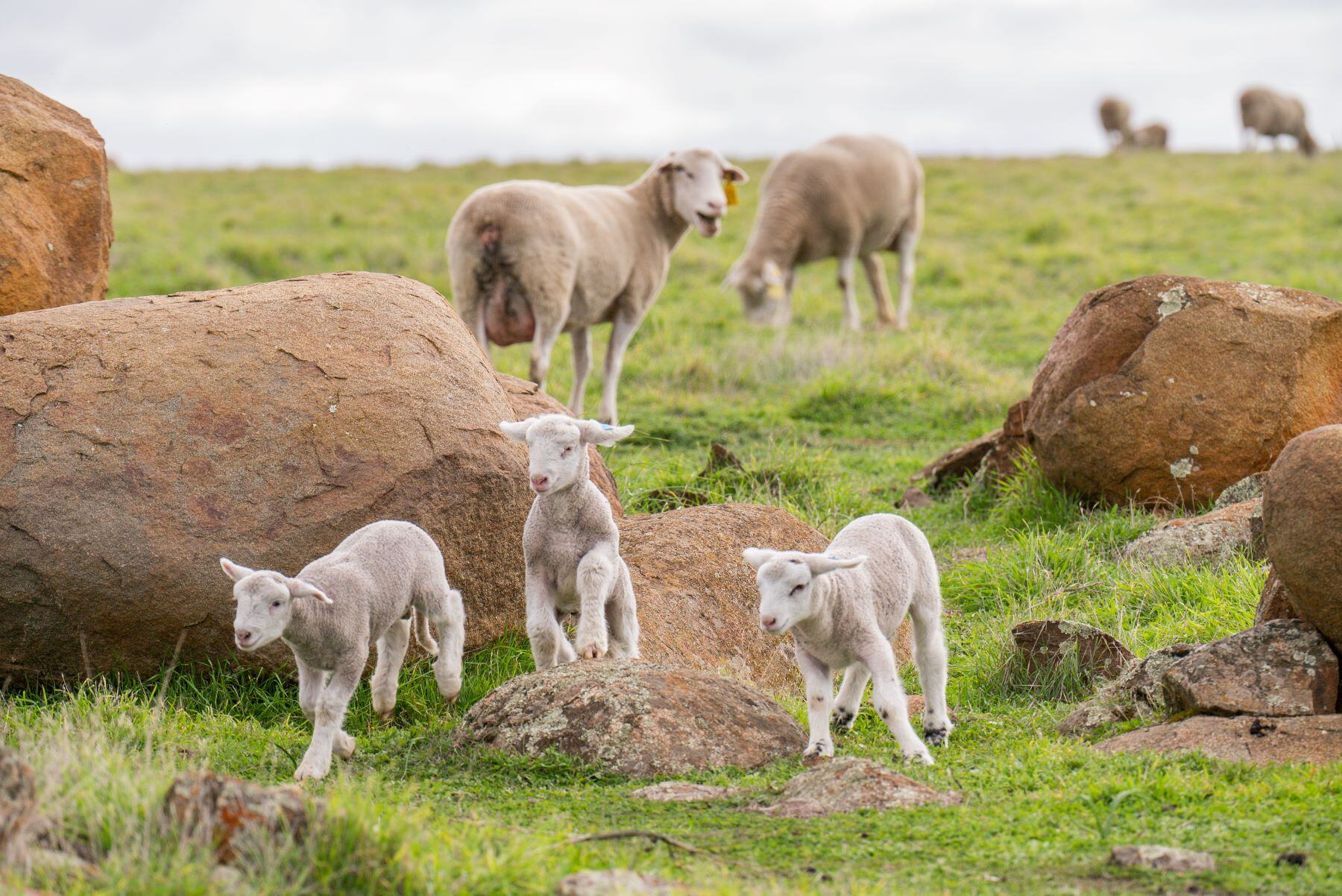Aussie meat in high demand despite international beef
Australian beef is a hot commodity despite trade tussles with China and the United States, while domestic prices wane as farmers recover from floods...
The majority of sheep flocks in Australia have a fertility challenge, according to a groundbreaking NSW Government study which has examined the reproductive performance of Australian sheep in this 14 year study.
Researchers from the NSW Department of Primary Industries and Regional Development (NSW DPIRD) in partnership with The University of Sydney have analysed pregnancy scan records from over 7 million ewes.
The study incorporated data from every Australian state and territory ensuring a wide cross-section of geographic areas and production systems.
The research observed a relatively low average pregnancy rate of 76% for mobs ‘scanned in lamb’ and around 84% for mobs scanned for twins.
The findings respresent a significant obstacle for producers aiming to rebuild their flocks following drought, fire and flood disasters.
NSW DPIRD Livestock Systems Senior Research Scientist Dr Gordon Refshauge said the low fertility rates among sheep points to opportunities to improve on-farm production efficiencies.
“This new study utilises real-time ultrasound scanning records that has helped shed a light on reproductive efficiency, identifying critical insights into the factors influencing fertility rates among ewes,” said Dr. Refshauge.
“Understanding the reproductive performance of our sheep is vital for the sustainability and profitability of the industry as a whole.
“These findings reinforce the importance of monitoring and managing fertility in our flocks to enhance productivity.”
Dr Refshauge said the research highlights several key factors affecting reproductive outcomes, including age, breed, season, and production zone but none of these alone explained the low fertility outcomes.
“It is most likely that ewe and ram nutrition before mating is inadequate in most but not all mobs” Dr Refshauge said.
“By focusing on pre-mating liveweight in young ewes and adult ewe body condition, we can significantly improve reproductive performance and, in turn, the overall productivity of our farms.
“NSW DPIRD is committed to supporting sheep producers with resources and knowledge that can lead to better reproductive management practices, ultimately benefiting the entire industry.”
To view the paper from this study, please visit - https://www.nature.com/articles/s41598-024-67847-4

Australian beef is a hot commodity despite trade tussles with China and the United States, while domestic prices wane as farmers recover from floods...

Stay up to date with the latest livestock trends AuctionsPlus brings you the latest insights from Australia’s livestock markets, direct to the...
.jpg)
Mortgage holders will face higher borrowing costs after the Reserve Bank raised interest rates by 0.25 percentage points in a widely-anticipated...
